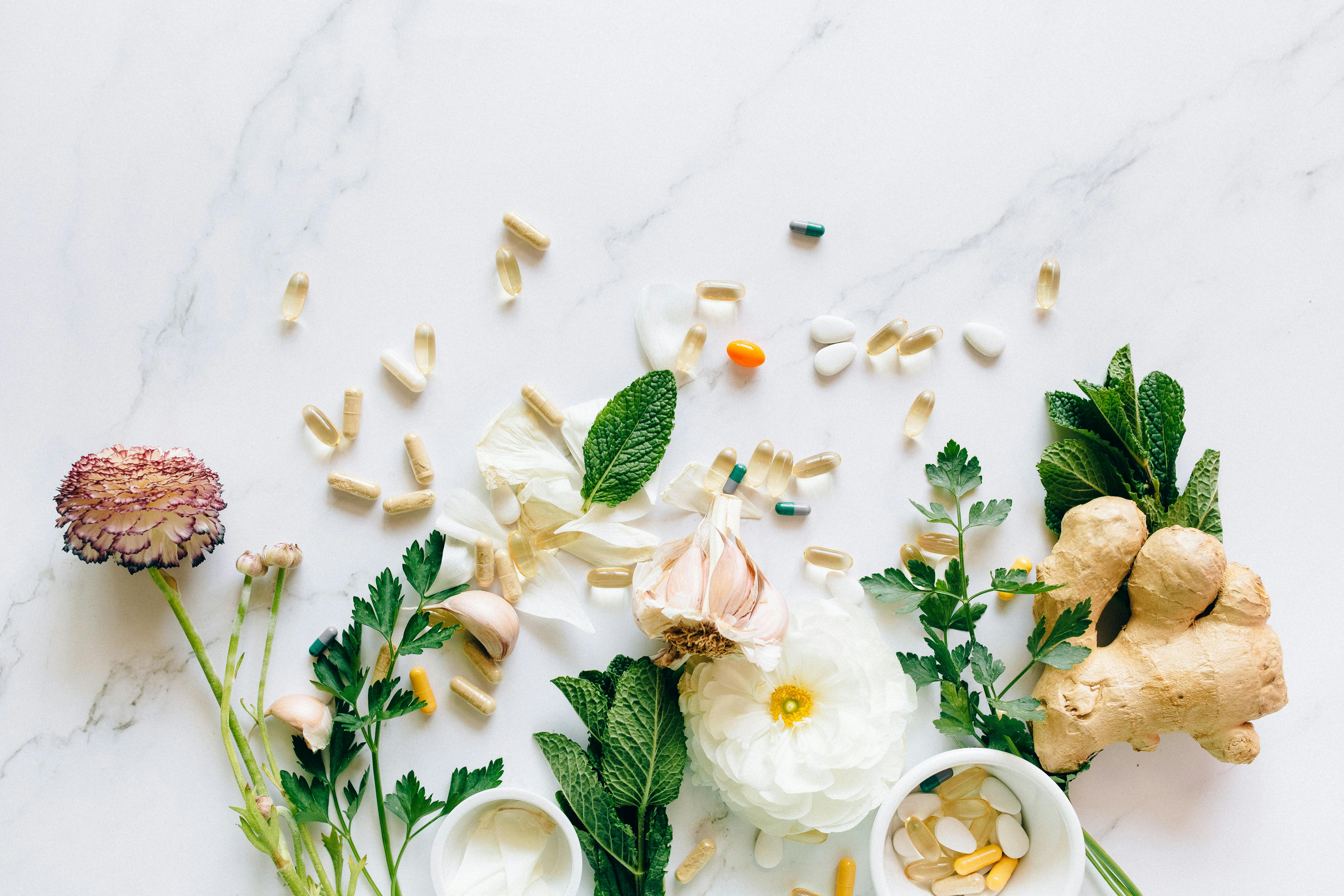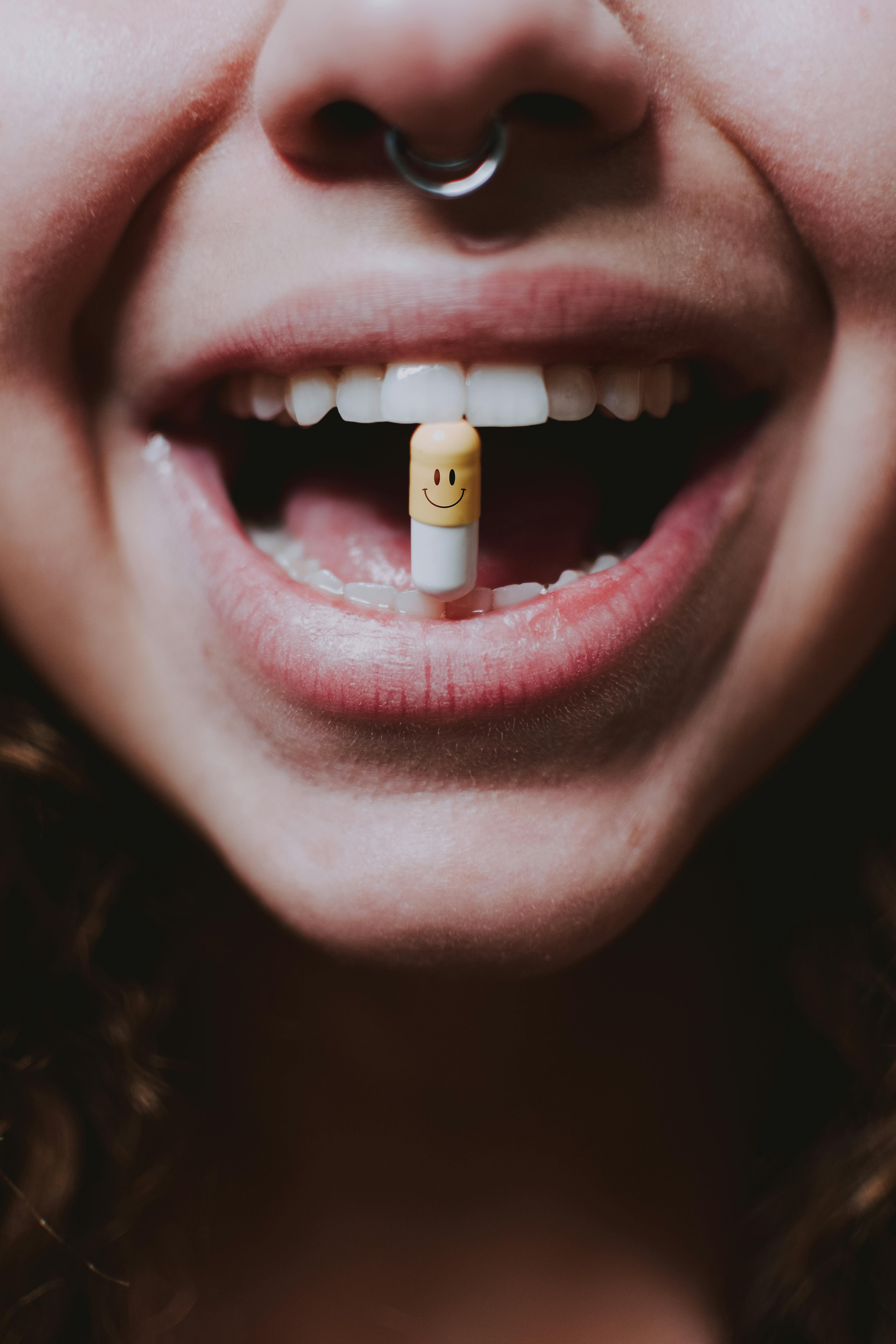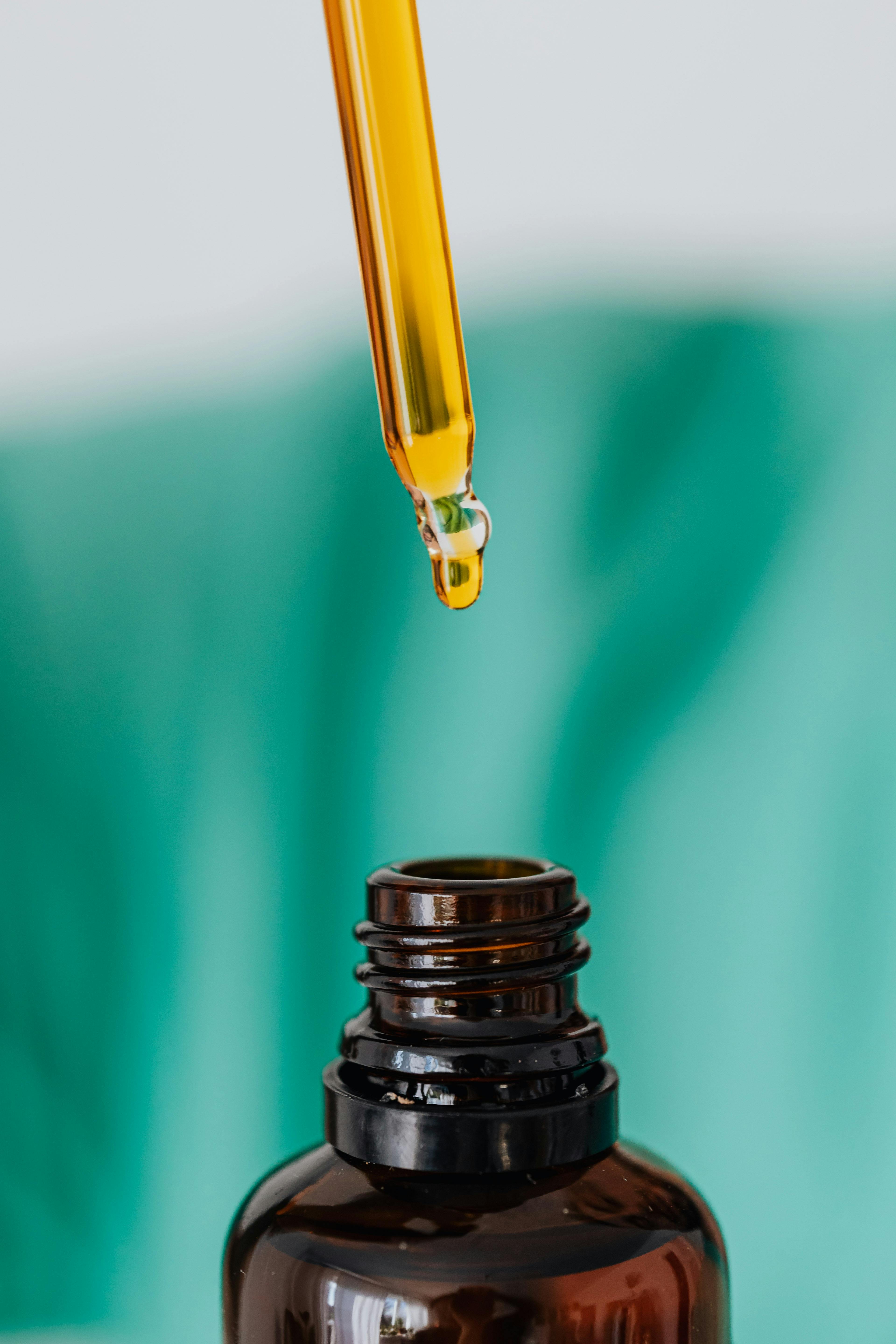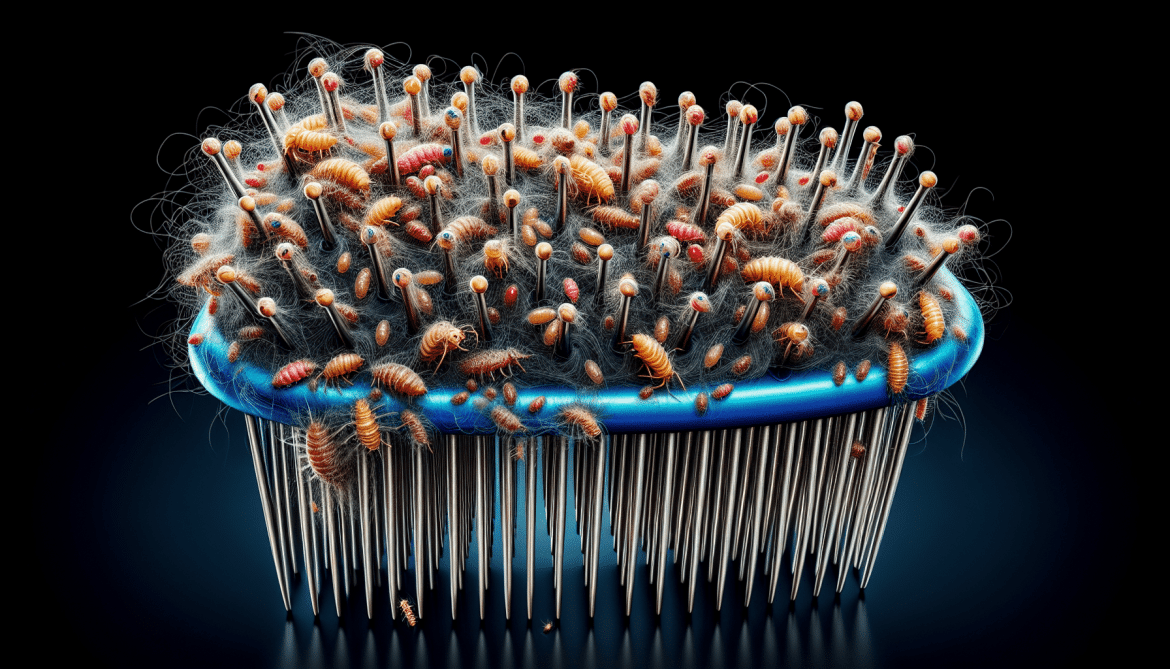If you find that your furry best friend has been plagued by dog lice, don't panic! There are several simple and effective home remedies that can help treat and get rid of these pesky pests. From using essential oils to bathing your pooch with a specially formulated shampoo, this article will provide you with all the information you need to tackle dog lice head-on and restore your pup's happiness and comfort. Say goodbye to those itchy days and get ready to unleash the power of these tried-and-tested home remedies.
Understanding Dog Lice
Symptoms of dog lice infestation
If you suspect that your furry friend has lice, it's essential to familiarize yourself with the symptoms of infestation. Look out for excessive scratching, biting, or chewing in one particular area. You may notice hair loss, redness, and inflammation on your dog's skin, especially around the neck, ears, and tail. Another telltale sign is the presence of small white or gray insects moving around in your dog's fur. Keep an eye out for lice eggs, also known as nits, which can appear as tiny white dots attached to the hair shafts.
Transmission and lifecycle of dog lice
Dog lice can spread through direct contact between infested and healthy dogs. They can also transfer via contaminated grooming tools, blankets, or bedding. Once a louse finds its way onto a host, it starts feeding on the dog's blood and lays eggs. These eggs hatch into nymphs, which then mature into adult lice in just a few weeks. The entire lifecycle of lice takes place on the dog, making it crucial to take prompt action to prevent further infestation and discomfort for your furry friend.
Identifying the different types of dog lice
There are two main types of lice that infest dogs: chewing lice (Trichodectes canis) and sucking lice (Linognathus setosus). Chewing lice are larger and can be seen with the naked eye. They feed on the outer layer of the dog's skin, causing irritation and itching. On the other hand, sucking lice are smaller and feed on the dog's blood. They can be more challenging to detect as they remain close to the skin. Identifying the specific type of lice will help determine the most effective treatment method.
Importance of Prompt Treatment
Potential health risks for dogs with lice
Leaving a lice infestation untreated can have serious consequences for your canine companion. Dogs with lice may develop allergic reactions to the lice saliva, leading to skin inflammation, infections, and even anemia. The constant scratching and biting can also cause self-inflicted wounds, making your dog susceptible to secondary infections. In severe cases, untreated lice infestation can result in significant weight loss, lethargy, and a decreased overall well-being.
Preventing further infestation and spread to other pets
Treating dog lice promptly is not only crucial for the affected dog but also for the overall well-being of your household. Without intervention, lice can quickly spread to other pets in the house, leading to a larger infestation problem. Additionally, lice can survive off the dog's body for a limited period, so it's essential to take measures to prevent any potential re-infestation. Treating your dog and disinfecting their belongings will help ensure a lice-free environment for everyone.
Impact of lice on the overall well-being of the dog
Lice infestations can be extremely uncomfortable for dogs, causing incessant itching, discomfort, and irritation. This constant itching can disrupt their sleep patterns and lead to stress and anxiety. Infested dogs may also become more irritable or exhibit changes in behavior due to the constant annoyance caused by the lice. By addressing the lice problem promptly and using effective home remedies, you can alleviate your dog's discomfort and restore their overall well-being.

This image is property of images.pexels.com.
Natural Remedies for Treating Dog Lice
When it comes to treating dog lice, opting for natural remedies can be a safe and effective choice. Natural remedies not only target the lice but also nourish and soothe your dog's skin. Here are some natural remedies you can try:
1. Neem Oil
Neem oil is a potent antiseptic and insect repellent. It can effectively kill lice and their eggs while also providing relief from itching and inflammation. To use neem oil, dilute it with a carrier oil, such as coconut oil, and apply it to your dog's coat. For optimal results, leave it on for a few hours before rinsing it off. Repeat this process every few days until the lice infestation is eradicated.
2. Lemon Juice
Lemon juice contains natural acids that can kill lice and their eggs. You can create a lemon juice spray by diluting fresh lemon juice with water and applying it to your dog's coat. Alternatively, you can use lemon juice as a rinse after bathing your dog. Remember to avoid getting lemon juice in your dog's eyes or any open wounds, as it may cause stinging or irritation.
3. Apple Cider Vinegar
Apple cider vinegar is known for its antimicrobial properties, making it an effective remedy for lice. Dilute apple cider vinegar with water and use it as a spray or rinse for your dog's coat. The acidic nature of apple cider vinegar helps to kill lice while balancing the pH of your dog's skin. Be cautious not to use undiluted vinegar, as it may cause skin irritation.
4. Coconut Oil
Coconut oil not only suffocates the lice but also moisturizes your dog's skin, promoting healing and preventing further infestation. Apply pure coconut oil directly to your dog's coat, focusing on areas where lice are most prevalent. Leave it on for a few hours before washing it off. For added effectiveness, mix coconut oil with neem oil or other essential oils known for their lice-repellent properties.
5. Essential Oils
Certain essential oils, like lavender, tea tree, peppermint, and cedar oil, have natural insect-repelling properties. Dilute these essential oils with a carrier oil and apply it to your dog's coat to repel lice. Lavender oil has the added benefit of calming your dog and soothing any skin irritation. When using essential oils, always ensure proper dilution and avoid applying them near your dog's face.
How to Use Neem Oil
Diluting neem oil for optimal effectiveness
Neem oil can be potent on its own, so it's important to dilute it to avoid any potential skin irritation. Mix neem oil with a carrier oil, such as coconut oil, in a 1:10 ratio (one part neem oil to ten parts carrier oil). This will ensure that the neem oil is effective against lice while being gentle on your dog's skin.
Applying neem oil to the dog's coat
To apply neem oil, start by parting your dog's fur to expose the skin. Using a dropper or your hands, apply the diluted neem oil directly to the skin, focusing on areas where lice are most prevalent. Massage the oil into the skin to ensure thorough coverage.
Combining neem oil with other natural ingredients
For enhanced effectiveness, you can combine neem oil with other natural remedies. Mix a few drops of neem oil with coconut oil or essential oils, such as lavender or tea tree oil. This combination will provide a dual-action approach, targeting both the lice and their eggs.

This image is property of images.pexels.com.
Lemon Juice as a Home Remedy
Creating a lemon juice spray for the dog's coat
To create a lemon juice spray, dilute fresh lemon juice with water in a spray bottle. Shake well to ensure proper mixing. Spritz the lemon juice mixture onto your dog's coat, focusing on areas where lice are most prevalent. Gently massage it into the fur and allow it to air dry. This method can be used as an additional treatment in combination with other natural remedies.
Using lemon juice as a rinse after bathing
After bathing your dog, you can use lemon juice as a final rinse to help kill any remaining lice. Dilute fresh lemon juice with water and pour it over your dog's coat, making sure to cover all areas. Massage it into the fur for a few minutes, then rinse off with clean water.
Precautions and potential side effects
While lemon juice is generally safe for dogs, it's important to be cautious of any potential allergic reactions. Some dogs may be more sensitive to citrus fruits and may experience skin irritation or redness. If you notice any adverse reactions, discontinue the use of lemon juice and consult with your veterinarian for alternative remedies.
Apple Cider Vinegar Treatment
Diluting apple cider vinegar for topical application
To use apple cider vinegar as a topical treatment, dilute it with water in a 1:1 ratio. This will ensure that the solution is not too strong and gentler on your dog's skin. Mix the vinegar and water well before applying it to your dog's coat.
Using apple cider vinegar as a rinse or in a spray
After diluting the apple cider vinegar, you can use it as a rinse or in a spray bottle. For a rinse, pour the mixture over your dog's coat and massage it into the fur. Allow it to sit for a few minutes before rinsing it off with clean water. Alternatively, you can fill a spray bottle with the diluted apple cider vinegar and spritz it onto your dog's coat, avoiding the face.
Managing potential skin irritation or allergic reactions
Apple cider vinegar, although beneficial, can sometimes cause skin irritations in dogs with particularly sensitive skin. If you notice any signs of redness, itching, or discomfort, discontinue the use of apple cider vinegar and consult with your veterinarian for alternative remedies. It's essential to choose the right dilution for your dog's specific needs and monitor their reaction accordingly.

This image is property of images.pexels.com.
Harnessing the Power of Coconut Oil
Using pure coconut oil as a topical treatment
When it comes to lice treatment, pure coconut oil can be incredibly effective. Apply a generous amount of coconut oil directly to your dog's coat, ensuring it reaches the skin. Massage the oil thoroughly into the fur, focusing on areas where lice are most prevalent. Leave the coconut oil on for a few hours or overnight to suffocate the lice and their eggs.
Combining coconut oil with other natural ingredients
For added effectiveness, you can combine coconut oil with other natural ingredients known for their lice-repellent properties. Mix a few drops of essential oils, such as lavender, eucalyptus, or tea tree oil, with the coconut oil before applying it to your dog's coat. This combination will help repel lice while soothing and nourishing your dog's skin.
Important considerations for coconut oil treatment
While coconut oil is generally safe for dogs, it is essential to use it in moderation and monitor your dog's reaction. Some dogs may have allergies or sensitivities to coconut oil, so it's important to conduct a patch test before full application. If your dog shows any signs of discomfort or adverse reactions, discontinue the use of coconut oil and consult with your veterinarian for alternative treatment options.
Effective Essential Oils for Lice Treatment
Lavender oil for calming and repelling lice
Lavender oil not only has a calming effect on dogs but also acts as a natural repellent for lice. Dilute a few drops of lavender oil with a carrier oil, such as coconut oil, and apply it to your dog's coat. This will not only repel lice but also soothe any skin irritation caused by the infestation.
Tea tree oil for its powerful antiseptic properties
Tea tree oil is well-known for its antiseptic properties, making it an effective remedy for lice treatment. However, it must be used with caution and in diluted form. Mix a few drops of tea tree oil with a carrier oil before applying it to your dog's coat. Be cautious not to use too much tea tree oil, as it can be toxic if ingested or applied in concentrated form.
Peppermint oil for its insect-repelling effects
Peppermint oil is a natural insect repellent that can help deter lice from infesting your dog's coat. Dilute a few drops of peppermint oil with a carrier oil and apply it to your dog's coat, focusing on lice-prone areas. This will create an environment that is less favorable for lice and discourage their infestation.
Cedar oil as a natural alternative to chemical treatments
Cedar oil is a natural alternative to chemical-based lice treatments and can effectively repel and kill lice. Mix a few drops of cedar oil with a carrier oil and apply it to your dog's coat, paying close attention to areas where lice are most prevalent. The distinct aroma of cedar oil acts as a deterrent, helping to keep lice at bay.
Additional Home Remedies and Preventive Measures
Herbal infusions or rinses
Herbs such as rosemary, chamomile, and calendula have properties that can repel lice and soothe the skin. You can create herbal infusions by steeping these dried herbs in hot water and allowing them to cool. Use the infused water as a rinse after bathing your dog or as a spray to refresh their coat between baths.
Regular grooming and inspection of the dog's coat
Regular grooming plays a significant role in preventing and managing lice infestations. Regularly brush your dog's coat and inspect it for signs of lice or eggs. Pay close attention to the neck, ears, and tail, as these are common areas where lice tend to congregate. Grooming also helps remove any lice or eggs that may be present, reducing the risk of infestation.
Washing and disinfecting bedding, toys, and living areas
To prevent re-infestation, it's crucial to wash and disinfect your dog's bedding, toys, and living areas. Machine wash bedding on a hot cycle with a pet-safe detergent. For toys and other items, wipe them down with a pet-safe disinfectant or soak them in hot water. Regularly vacuum your home, paying close attention to areas where your dog spends the most time.
Consulting a veterinarian for further advice
While home remedies can be effective, it's always best to consult with a veterinarian for guidance and advice. They can assess the severity of the infestation, recommend appropriate treatments, and provide professional insights. If home remedies are not yielding the desired results, or if your dog is experiencing severe symptoms, seeking professional help is crucial for your dog's well-being.
When to Seek Professional Help
Persistent lice infestation despite home remedies
If you've tried various natural remedies and home treatments but the lice infestation persists, it may be time to seek professional help. A veterinarian can assess the situation, perform a thorough examination, and recommend alternative treatment options that may be more effective.
Severe skin irritation or infection
If your dog's skin becomes severely irritated, inflamed, or infected as a result of the lice infestation, it's essential to consult a veterinarian immediately. They can provide appropriate medical treatment to alleviate your dog's discomfort and address any secondary infections that may have developed.
Concerns about chemical treatments and their side effects
If you have concerns about using chemical-based treatments or their potential side effects on your dog, consult with a veterinarian. They can provide insight into alternative treatment options or prescribe medications that are safe and effective for your furry friend.
Remember, treating lice infestations promptly and effectively is crucial for your dog's health and well-being. By using these natural remedies and preventive measures, you can provide relief for your pup and create a lice-free environment for you and your furry companion.


